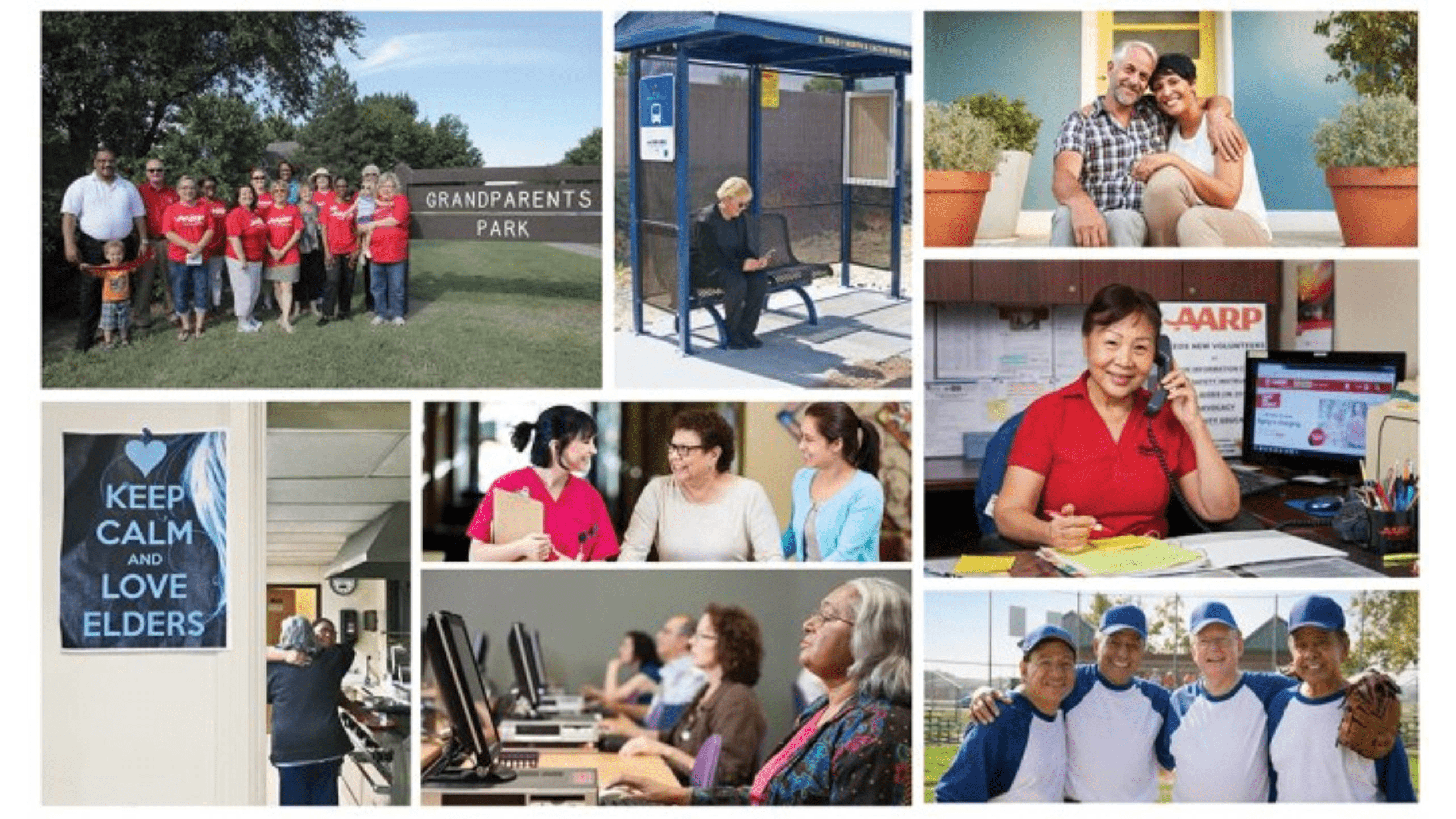I have to get a hearing aid in my left ear. My hearing is fine in my right ear. The difference is that I have a hole in the eardrum of the left, which has been there since 1975.
I got that hole courtesy of a male co-worker at the radio station in Brunswick where I was the first female announcer. I had a graduate degree in library education from UGA and a year as a high school librarian. It was a field I had chosen because I was shy and insecure and didn’t know what else to do. In the 1960s, the options for girls were teacher, nurse, secretary, or wife and mother. None appealed.
I came across a book about jobs for English majors and they suggested TV production assistant, which somehow led in my mind to the local radio station as a possible option. It just so happened that in 1974, the Federal Communications Commission was encouraging broadcasters to hire more women.
At the time, there were a lot of young men aspiring to be radio stars, showing off their carefully rehearsed witticisms, and talking about music in between cueing up records.
Having never heard a woman on radio, and not being a jokester, I just tried to read the weather and introduce the songs without stumbling or talking over the vocal.
In time, I developed a “persona” that resulted in a following. I didn’t notice how resentful my male co-workers were when the new GM promoted me to mornings. Long story short – two of them invited me to play tennis since I had recently started taking lessons. The big guy, twice my size, smashed the very first serve right at my face. All I had time to do was turn my head. In retrospect, better my ear than my eye.
I knew immediately something was wrong. The game stopped and I went to the doctor. I never asked my co-worker why he hit the ball so hard and aimed it where he did. I don’t recall an apology or even an inquiry as to my wellbeing. It didn’t occur to me to complain to anybody at the station, certainly not the boss. I don’t think I understood for years that I had been set up — that there was a plan.
“I don’t think I understood for years that I had been set up — that there was a plan.”
Like most girls and women, I was conditioned to be nice, be polite, be considerate. Which reminds me of another type of encounter when I was hitchhiking alone in Scotland in 1967. After my friend and I argued and went our separate ways, I told myself I would not get in a car with two men in it – as if I could have defended myself against one.
I was clueless – not the last time.
In any case, one day, thumb out, a big truck pulled over, screeching to a long, slow and awkward stop. I ran up; door opened; two men smiled down! In that split second, I couldn’t bring myself to say “thanks, but no thanks.” They had gone to so much trouble to stop that big, clumsy vehicle. Was it being Southern or being female or being both? They were perfectly nice men. As in most cases, they would be; in most cases, the worst doesn’t happen. But the possibility that it could shadows every step in a woman’s life.
As I continued to make my way through the work world and public spaces, I became more cautious and aware, whether alone in the woods, the beach, the city, or an office. Sensing strange footsteps in a public restroom, I race out; veering away from the man determined to walk down the sidewalk beside me; practically jumping out of my skin when a construction worker thrust his head through the open window of my slow-moving car and screamed in my face. Every woman has had these types of encounters. Not big things, but taken together, they keep you in your place.
A lot has been said and written, and more will be as women find their voices together and learn to speak up, and not be so polite. Even so, a young friend who recently interviewed for a teaching position at an out-of-state university was given the campus tour by an older white professor. He pointed out a structure and asked if she didn’t think the design was “phallic?” She did exactly what I would have done – she laughed nervously and said nothing. That was this fall after the #MeToo storm.
So while I have hope as women of my generation, who began the workplace transformation, wind down our careers, and as another generation of women confronts patriarchy with noise and confrontation and solidarity, I am reminded of the following quote by Winston Churchill about an early win in WWII: “Now this is not the end. It is not even the beginning of the end. But it is, perhaps, the end of the beginning.” You go girls!![]()





The comments are closed.